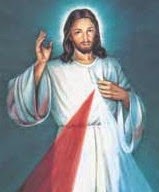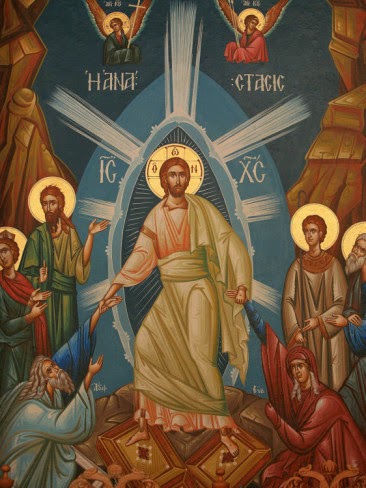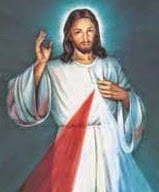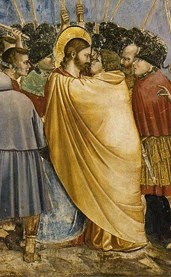Remember...

The Sunday After Easter is Divine Mercy Sunday How should we prepare for this great Feast of Mercy? Jesus told St. Faustina that this Feast of Mercy would be a very special day when “all the divine floodgates through which graces flow are opened.” (Diary 699) Our Lord made a great promise to all those souls who would go to Confession and then receive Him in Holy Communion on the Feast of Mercy, on the Sunday after Easter, which is now called Divine Mercy Sunday throughout the Catholic Church. Jesus promised that “The soul that will go to Confession and receive Holy Communion shall obtain the complete forgiveness of sins and punishment.” (Diary 699) He went on to say “ I want to grant a complete pardon to the souls that will go to Confession and receive Holy Communion on the Feast of My Mercy.” (Diary 1109) We want to encourage everyone to take advantage of this incredible promise and the additional Plenary Indulgence on this great Feast of Mercy “Divine Mercy Sund




